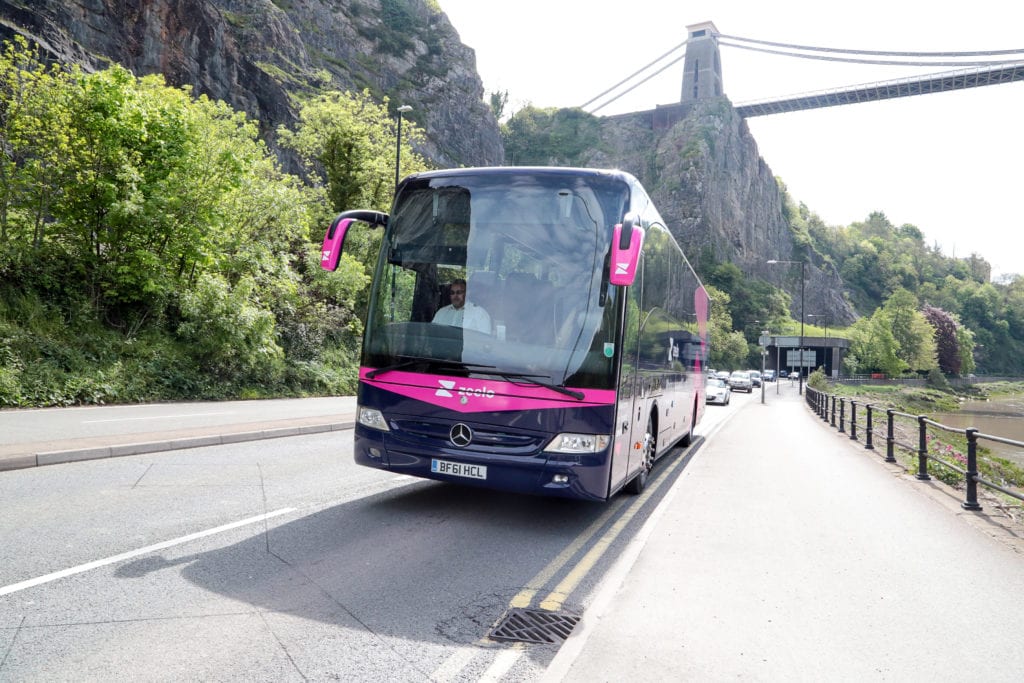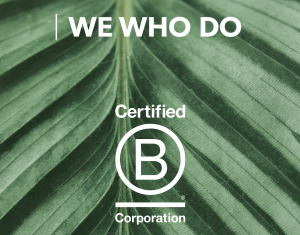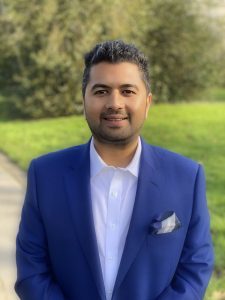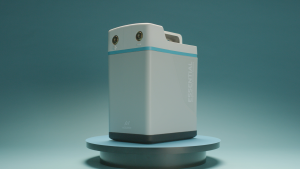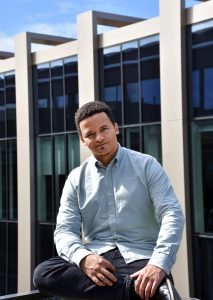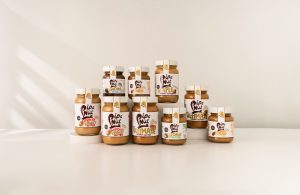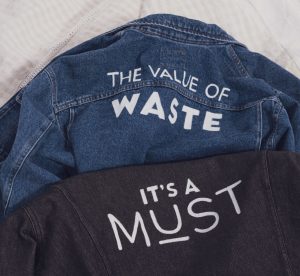Where did the idea for Zeelo first come from ?

Sam: Our journey to Zeelo initially started at Leeds University. Barney and I were both studying and co-founded our first business, JumpIn, an UberPool for Students. Our idea was to share taxis with people you know around uni, creating a safer and more enjoyable taxi experience.
JumpIn evolved into a more general mobility service, and we eventually raised angel funding to expand it to five other major UK cities. In 2014, JumpIn was acquired by Addison Lee and I worked as Head of Product there for just over 2 years. I learnt a lot about the mobility space during this time and Barney and I realised that it was pretty much focused on dense, urban spaces. This meant there was an entire market out there which was untapped…
Growing up in Oxfordshire, I was already aware that people outside London didn’t always have a network of public transport options and most people needed a car to get around. Not only do we have the environmental issue of private car ownership, with some homes having 2 or 3 cars each, but we also have the fact that some communities are simply cut off from employment and education opportunities if they cannot afford their own car. So, in 2017, we founded Zeelo as a solution to both of these problems.
So, what does Zeelo do in the sustainability space?
Sam: At the moment, 70% of people drive to work by themselves in the UK (excluding London). This is a staggering figure and our aim is to get fewer cars on the road and more people into one vehicle. This is more efficient and better for the environment. So, whether that means replacing 30 separate cars into 1 bus, we want to give people better and cleaner options and minimise dead mileage.
We provide Zeelo services for schools and companies to help reduce pollution and improve congestion with safe and reliable travel. Forming partnerships with companies means that they also get the additional benefit of reaching sustainability goals and improving employee retention (as well as freeing up car parking space!)
Over the next 3-6 months, we are also working with the small fleet operators to deploy electric vehicles. This is crucial to fighting climate change and we are very conscious of our role in hedging decarbonisation. Our support from The Environmental Technologies Fund also means that everything we do is impact-driven.
How has business been impacted over the past couple of months?
Sam: Within the first week of lockdown, Zeelo’s business model completely shifted from transporting school students and office workers to transporting essential workers.
Although this was a scary and uncertain time for all of us, it was also an exciting time to adapt and refine our business offering. We were able to quickly equip ourselves with social distancing measures and ensure people felt safe travelling in our buses.
I’m really proud of our involvement in helping key workers across the country to get to work and it was amazing to see how quickly we could adapt as a company.
Where do you see the company in 5 years time?
Sam: We want to build the biggest mass transit network in the developed world, with the aim of providing flexibility to areas that don’t currently have it. This also means connecting people with opportunities that don’t currently have access to them: providing transport with an impact.

We have rolled Zeelo out across Europe, but we are also launching services in the USA. We have a team on the ground in Boston and New York, and we’re really excited to see what we can do in that space.
There is a lot of talk about autonomous vehicles and its innovation helping to fight climate change, but our view is that buses, and vehicle sharing, can have an even bigger and more immediate impact. It is a solution that is ready now and just needs to be utilised. And that’s what Zeelo is trying to do.

